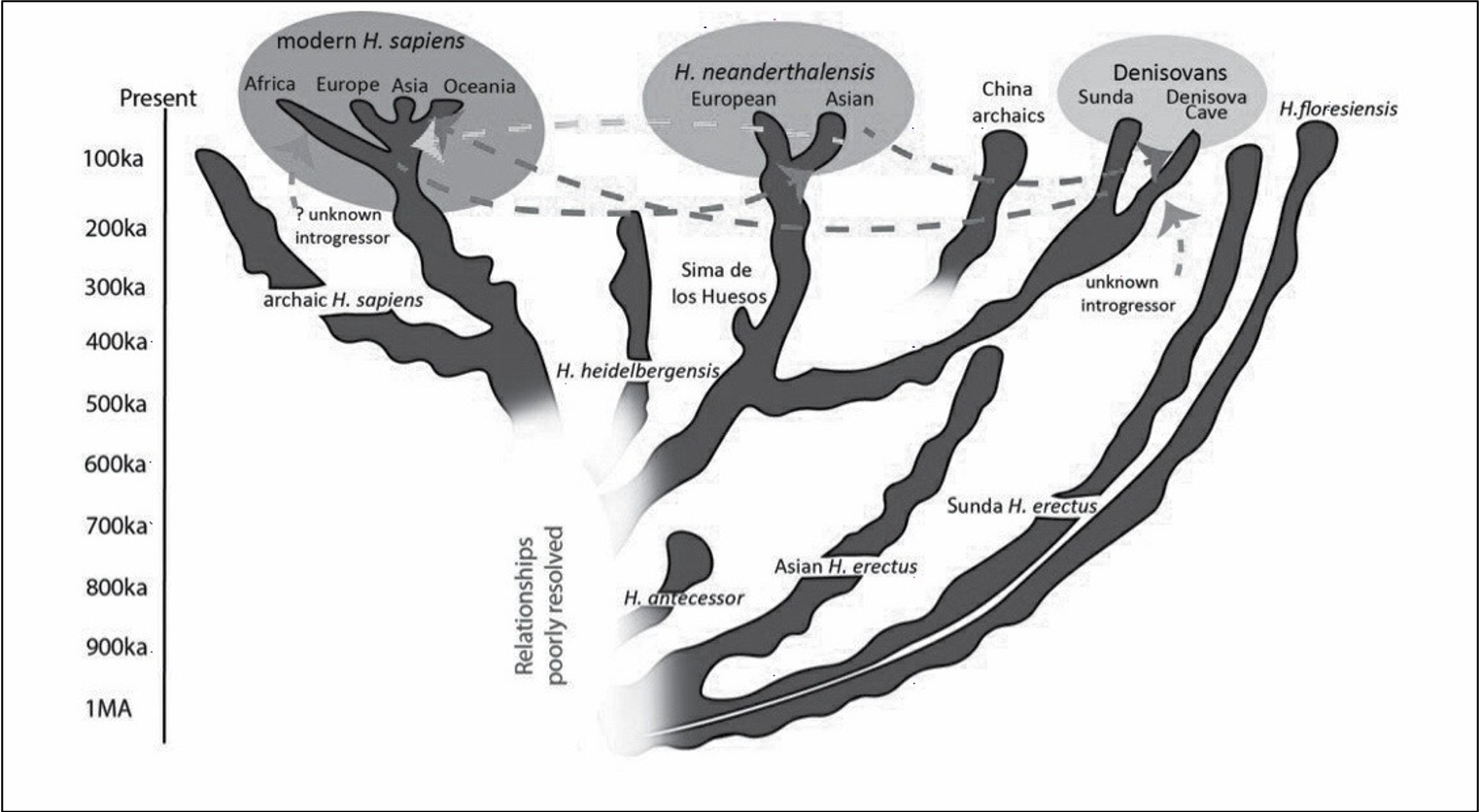Sapiens by Harari
Ref: Yuval Harari (2018). Sapiens: A Brief History of Humankind. Dvir Publishing.
___________________________________________________________________
Summary
The evolution of Homo sapiens from our split with Chimpanzees approximately 6ma.
___________________________________________________________________
Economics
Adam Smith mentioned in the Wealth of Nations that increasing private profits is the basis for increasing collective wealth. However, this only works for the profits that are not hoarded but reinvested in new production. When one becomes richer, one can help everybody and hence greed could be good (by reinvesting).
Credit allows people to borrow money because we believe that the future will be better than today.
People used to barter goods, which presented problems because of several reasons: traders had to constantly adjust their exchange rates, items being traded were sometimes unwanted, and many material goods were hard to transport. To solve these issues, money was invented. The first kinds of money to be used were cowry shells, barley, and metallic coins.
___________________________________________________________________
Evolution
Evolutionary Humanism: Humanity is a mutable species that might evolve into superhumans or degenerate into subhumans, thus evolution should be safeguarded and devolution prevented.
The Nazis upheld evolutionary humanism and they fought human rights, communism, and liberal humanism to improve the entire species and prevent its degeneration into extinction. They exterminated many people for this, thus it has become taboo. However, even if exterminating inferior kinds of people is shunned, many are still eager to create superhumans.
The progress of humankind came at the price of nature. Ecosystems are manipulated and at times destroyed to fulfill the wants and needs of humans.
___________________________________________________________________
Misc Quotes
Homo sapien: wise man.
Buddhism: Advocates the liberation of man from suffering.
According to Buddhist belief, the mind naturally craves more, and all suffering arises from this craving.
___________________________________________________________________
Chronology
1500: The Scientific Revolution begins, spurred by imperialistic desires to know more and to conquer bigger territory. Capitalism (a product of the agricultural revolution) developed a relentless pursuit of profit, spurring scientific researches that provide profitable applications.-Sapiens by Harari.
3500-3000 BCE: Sumerian’s invent writing in order to overcome the problem of storing large amounts of data, including numbers.-Sapiens by Harari.
10,000: The Agricultural Revolution occurs; humans learn to farm lands and to domesticate animals. It is theorized that when people learned how to control nature, they invented gods to help them control it more when they fail.-Sapiens by Harari.
45 Ka: Humans travel across the sea and arrive in (Indonesia and) Australia in what is considered as one of the most important expeditions. It is the time when humans scaled the food chain. After a few thousand years, 23 out of 24 animal species on the Australian continent go extinct.-Sapiens by Harari.
70-30 Ka: Homo Sapiens invent boats, oil lamps, needles, bows, arrows, art objects, and so much more. During this time, the first concrete evidence of religion, commerce, and social stratification appeared. Most researchers believe that these accomplishments were the product of new ways of thinking and communicating among Homo sapiens – this marks the Cognitive Revolution.-Sapiens by Harari.
70 Ka: The Cognitive Revolution; humans gain the ability to speak and create myths.-Sapiens by Harari.
___________________________________________________________________

